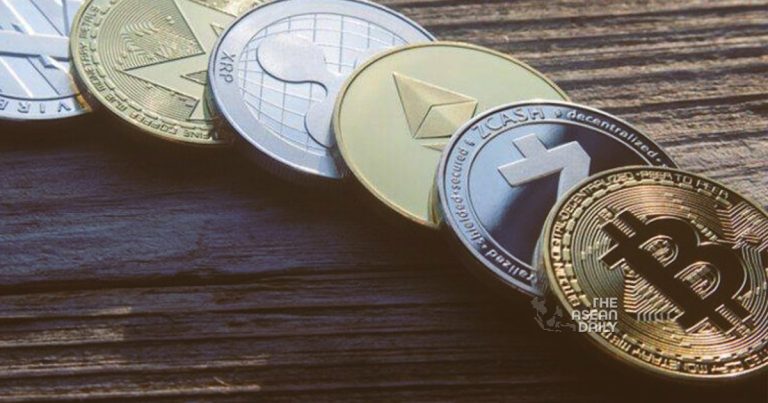8-8-2023 (SAN FRANCISCO) Worldcoin, the brainchild of ChatGPT founder Sam Altman, has emerged as a captivating contender in the realm of blockchain innovation, captivating the attention of over 2.2 million individuals who willingly submitted to iris scans in exchange for a digital identity. This audacious project, driven by the ambition to forge an expansive “identity and financial network” on the blockchain, has not only garnered widespread interest but has also managed to maintain a steady pricing trajectory for its native coin, WLD. Since its inception on July 24, the token has exhibited a consistent value oscillating between $2 and $2.50, a commendable feat that sets it apart from the speculative swings often associated with nascent crypto tokens.
However, within the investor community, the verdict on Worldcoin’s future prospects remains equivocal. Gordon Grant, co-head of trading at Genesis Trading, noted that divergent views abound regarding the project’s trajectory, reflecting a spectrum of both optimism and skepticism.
The crux of Worldcoin’s vision, articulated within its white paper, outlines an ambitious plan to introduce a total of 10 billion tokens into the market over the ensuing 15 years. Notably, the current circulating supply stands at 120 million tokens, representing a mere 1.2 per cent of the planned total future issuance, as per data sourced from market tracker CoinGecko.
Among the tech community, Worldcoin’s pledge to establish a digital ID framework hinging on the concept of “proof of personhood” has ignited enthusiasm. This initiative is bolstered by notable backers including venture capital firm Andreessen Horowitz. While various startups have embarked on the journey to create blockchain-based digital identity systems, Worldcoin’s venture distinguishes itself through its scale and ambition.
Worldcoin’s strategic bet hinges on the premise that the rise of artificial intelligence-driven bots will elevate the necessity for individuals to validate their human identity in the digital realm, underpinning the importance of its proposed identity solution.
Nonetheless, the cautionary ethos that permeates the cryptocurrency ecosystem is undeniably present. James Butterfill, head of research at CoinShares, posited that, at present, the majority of Worldcoin buyers are likely to be retail investors, owing to prevailing uncertainties surrounding the classification of the token as a security. Regulatory dynamics have instilled a sense of circumspection among institutional players, with more than 50 altcoins—cryptocurrencies beyond the dominion of bitcoin and ether—having been classified as securities by the U.S. Securities and Exchange Commission, according to data from CCData.
Germany’s data watchdogs have taken the reins of an investigation into Worldcoin that commenced in November of the previous year. The company recently encountered a roadblock as it was mandated to cease its eyeball-scanning operations in Kenya due to apprehensions surrounding potential risks to public safety.
Riyad Carey, a research analyst at blockchain analytics firm Kaiko, articulated a sentiment echoed across the industry: regulatory scrutiny is seldom a harbinger of bullish prospects for a token.
Worldcoin, on its part, asserts its commitment to privacy and anonymity, contending that its ID system is meticulously designed to facilitate discreet actions. The platform affirms that it does not default to divulging personal data and that biometric images remain undisclosed to Worldcoin unless explicitly chosen by the user. Furthermore, Worldcoin emphasizes its collaboration with regulators to navigate the evolving landscape of compliance and innovation.




